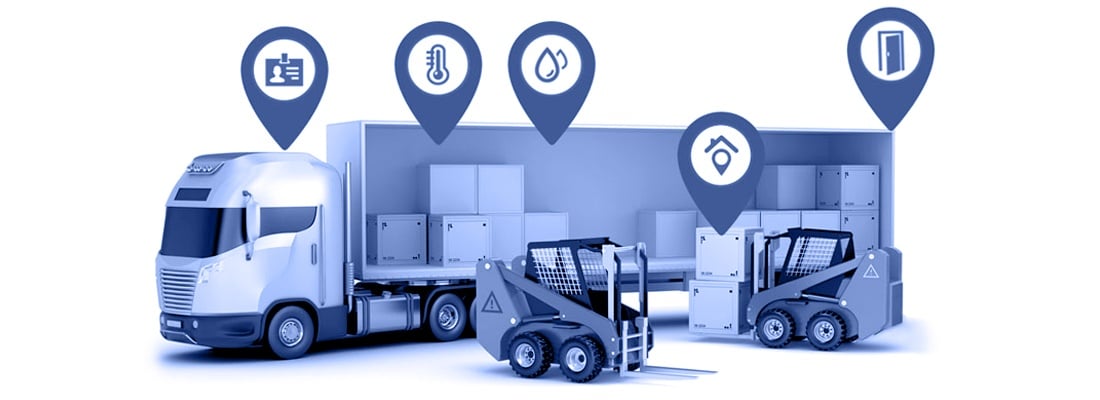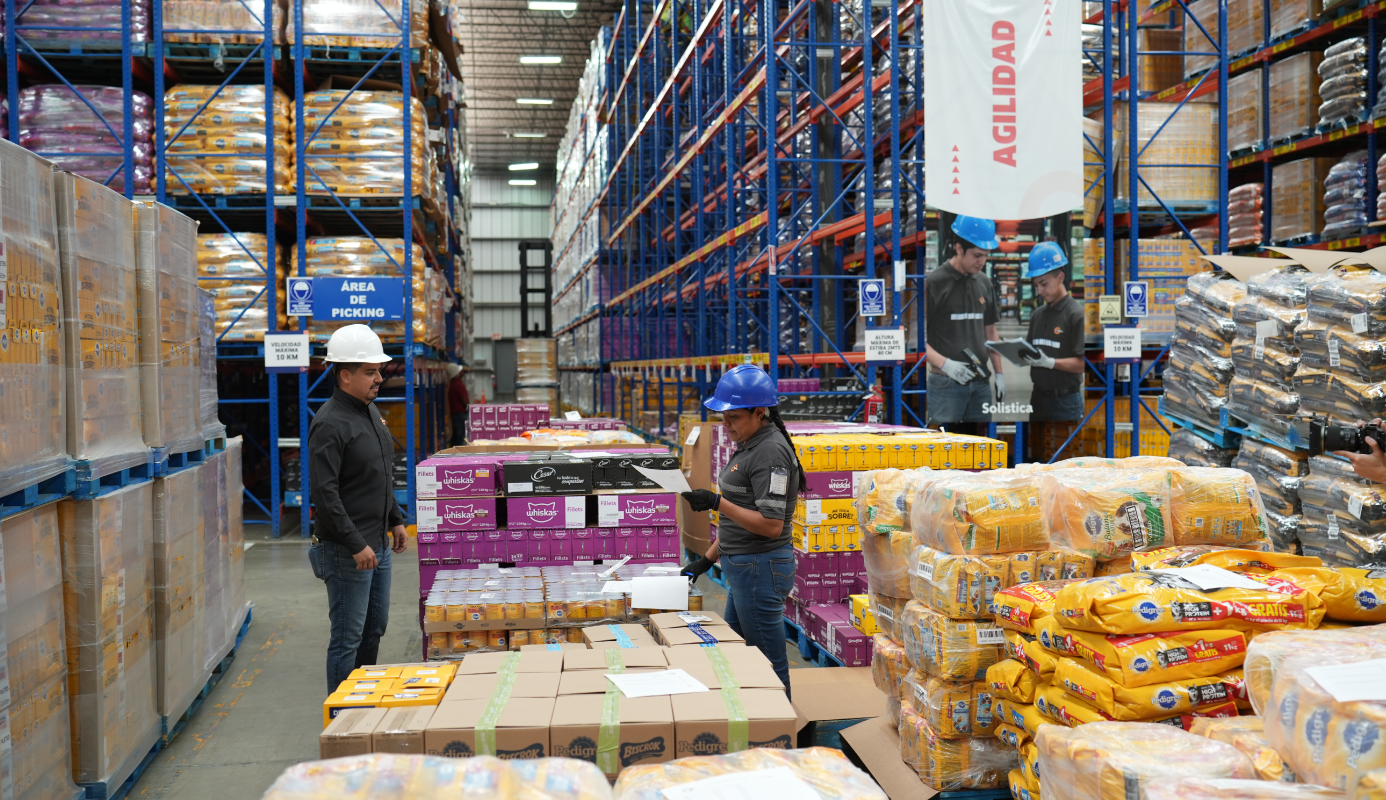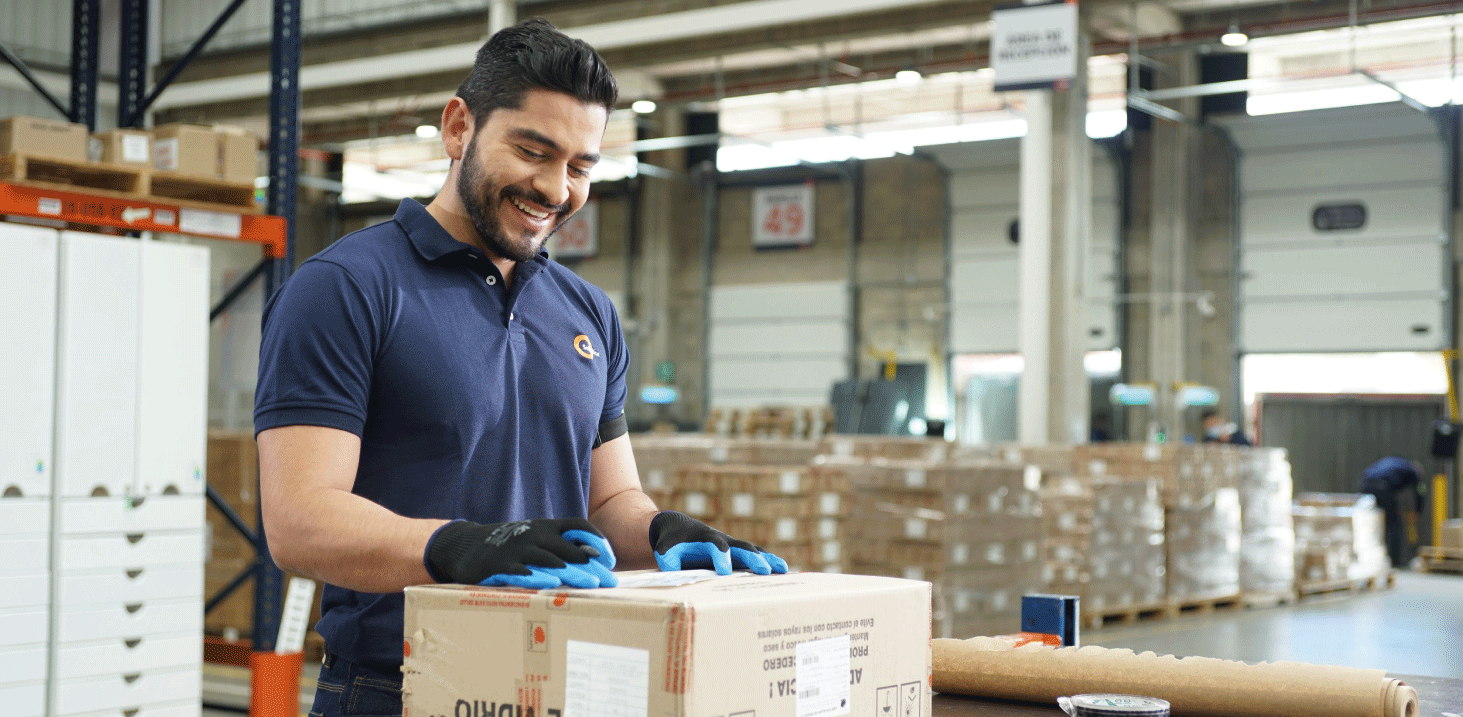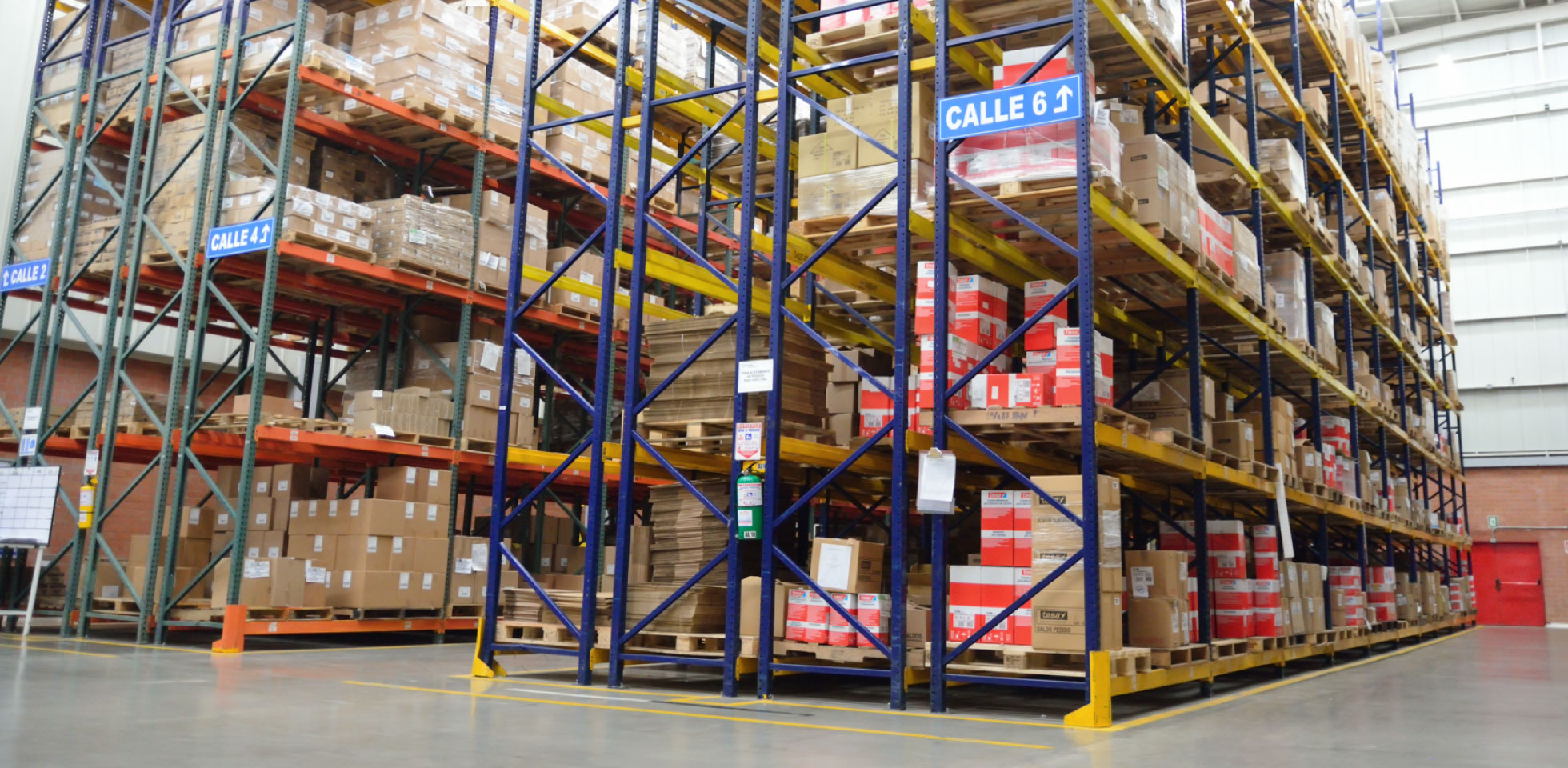Logistics management safety has a direct impact on a company’s competitiveness and has, thus, become a central issue for corporate strategies.
Product theft, and product damage resulting from accidents or mishandling during storage or transport, represent not only financial loss for the companies involved in the supply chain, but also delays for their manufacturing or commercial operations.
Because of this, safety is a key issue to ensure the efficiency and fulfillment of logistics management, when seen as the measures we take to detect and mitigate risks and threats and to improve the protection and handling of goods.
Basic criteria to ensure safety
We must create and implement a logistics security plan based on the following eight essential criteria applicable both for domestic or foreign trading:
1) Choose a storage and/or transportation supplier with the most robust and advanced logistics safety systems so you can locate cargo at every moment and get confirmation of its transportation and delivery in a timely manner.
2) Put into practice measures to guarantee cargo integrity through seals and locks and by inspecting containers and freight trucks.
3) Check the backgrounds of warehouse and transport staff, implement an employee identification system to restrict access to loading and unloading areas to authorized personnel.
4) Use technology to standardize logistics management so we can record and control product handling, storage, and transportation properly.
5) Check all cargo has clear and accurate documentation.
6) Implement top security measures in loading and storage areas; for example, cc camera to monitor activities all the time, clear and visible signage, fire extinguishers, etc.
7) Develop digital safety policies and procedures to protect the cargo’s registration and control systems.
8) Train staff in safety and protection issues so they can punctually identify threats and propose and execute solutions.
Areas to focus on
There are three areas we need to focus on to ensure the protection and integrity of goods:
Cargo
In this sense, it is important to make sure there are no thefts, product loss, or damages to packaging due to mishandling during storage and transportation.
Logistics safety systems include barcode labels or electronic markers and readers to record the entrance and exit of goods to and from warehouses so we can monitor them while on route and to check deliveries in real time, as well as adhesive seals to detect undue opening during the transportation.
There are also temperature sensors to make it easier for us to check perishable goods are being stored and transported in the proper facilities and vehicles following the conditions that ensure their good condition until delivery.
In terms of handling and stowage, many additional costs and delays will be avoided if we add sensors to packaging to warn rough handling and possible contents damage.
Theft and accidents
One way to protect goods is to carry out preventive actions, such as theft and accident insurance, to compensate for potential losses.
By getting insurance, companies aim to protect their operational profit from fortuitous risks or emergencies arising during the storage and transportation of goods.
The risks covered by international cargo insurance include total loss, specific damages, and salvage costs. By paying supplemental fees, some insurance companies may cover certain conditions otherwise excluded in the main policy.
If an incident happens, the insurance company will pay once the responsibilities are clear and the corresponding compensation is set. To achieve this, we must submit a detailed accident report supported by the documentation of the losses.
Besides this legal protection, companies must monitor goods along their routes and redesign strategic processes in their risk prevention departments.
These actions proved to be key for Solistica’s reduction of road accidents and incidents, and speed limit violations in Mexico. During the 2016 – 2017 period, thefts were lowered by 20%, delivery time by 3%, and road assistance time by 5%. Meanwhile, the fulfillment of on-time deliveries rose by 8%.
Safety systems
These include both those implemented to make the registration and control of goods easier; those created to ensure the invulnerability of cargo and storage facilities; and those that help the real-time monitoring of goods during transportation.
From GPS systems for transport vehicles to smart barcode labels, safety solutions for logistics use technology to monitor and check cargo movement, detect and face threats quickly, and to tighten our control of who accesses our facilities.
Technological tools we use include RFID or GPS real-time location services, staff identification systems based on biometrics, and intrusion and fire detectors so we can respond as quickly as possible to any threats.
When it comes to improving logistics safety, a wise choice would be to form a strategic partnership with a company with the necessary knowledge, experience, and technological resources to offer you solutions according to your needs.
Solistica has an Intelligence Center with comprehensive control and safety systems with the most advanced technologies to ensure the safety of your products at warehouses and during transportation.
Among its safety services, the company offers platform alerts monitoring by exception, and monitoring of the environs to detect threats, protocols, and actuators customized to the risk levels of clients’ goods.
In addition, it is currently working on route planning projects to incorporate devices in the vehicles to support cargo integrity, and on a trip logging system to guarantee the delivery and correct distribution of cargoes.
Setting up a strategic partnership with someone who assigns the same importance to your goods as you do is essential if you want to protect your goods during transportation and ensure your business’ profitability and competitiveness.
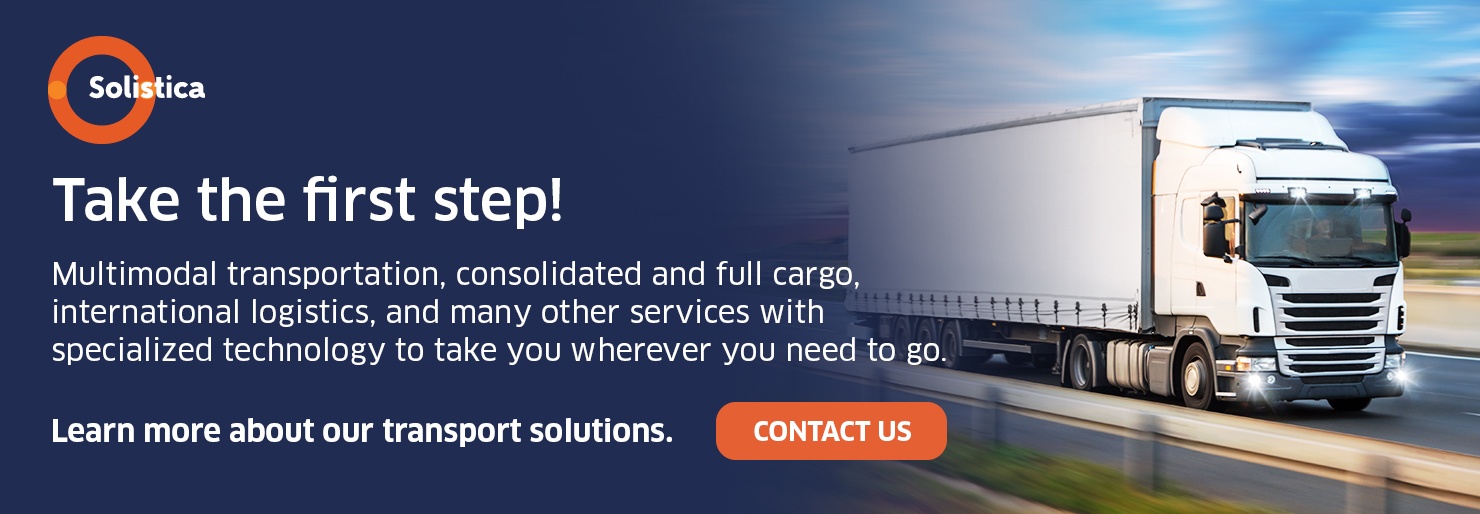 *This blog was originally published on December 20 2018 and modified on April 17 2022.
*This blog was originally published on December 20 2018 and modified on April 17 2022.
